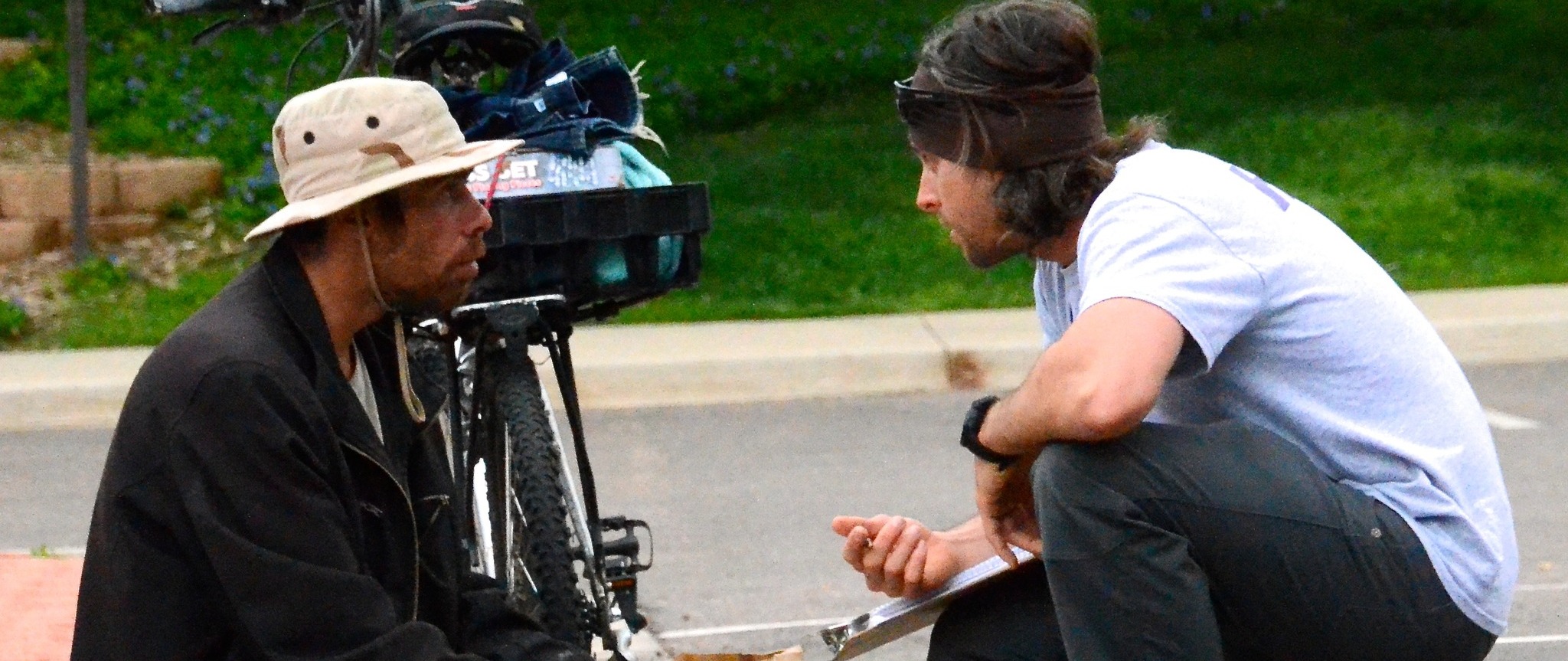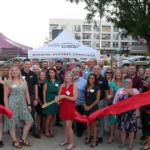"Homelessness is not an individuals failure": An Interview with HOPE
The following interview was held with a former HOPE client who has transitioned out of homelessness and is now working to support others in need. While they prefer to remain anonymous, they generously offered their time to share their story and perspective on life during and after homelessness. Portions of the interview may have been removed or censored to protect their privacy, but does not alter or change the overall sentiments made.
Interviewer
What support do you offer to the people you work with?
Anonymous
“I think it varies. I have lived experience, so I’m able to offer the support and the knowledge that I do know personally what they’re going through because I’ve been there. I’ve been sleeping outside on nooks and crannies. I have slept in the rain, in the sleet, in the snow. So when people are feeling the feelings that come with homelessness, I’m able to tell them that I know what they’re going through, and I also know that they can get out of it. Some of the most important types of support is access to services, access to housing, access to benefits, and the needed supplies, the support of their basic needs. To provide so many basic needs that end up helping people survive. Some of them are life-saving supplies such as sleeping bags. Some are just basic hygiene. Just trying to give people support until they can access a way to get into more stable places.”
Interviewer
How can the community best support the work you are doing?
Anonymous
“There are many levels of support. I think that the community first can support by giving acknowledgement to those that are experiencing homelessness and showing them kindness and a smile. That is helpful on a basic human level. But more and more with budgets being cut, federally, locally, programs need money. Without the generosity from the community and the community taking charge over the homeless situation here in Longmont, programs like HOPE will not be able to continue to do the wonderful work that they have been doing since their program started.”
Interviewer
What’s something that people often misunderstand about unhoused individuals?
Anonymous
“That they’re scary, that they’re dangerous, that they have individually failed. We are failing those that are the most vulnerable, people that are out on the street that you see. Most of them have disabilities, if not multiple disabilities, and it is on us as a society and as a community to take care of those people. And there are as many people that are homeless who are dangerous as there are housed people who are dangerous. Danger doesn’t come from being poor. Danger comes from mental health issues and systemic community issues. They are just as dangerous as you and me. They just don’t have a roof over their head. If you didn’t have a roof over your head, how would that change your behavior?”





